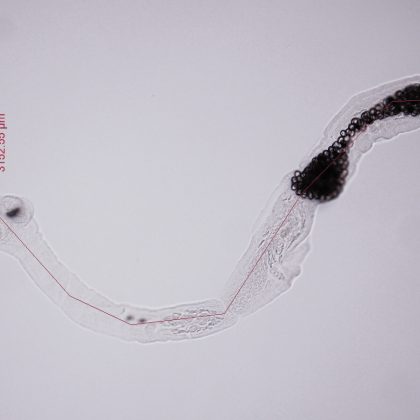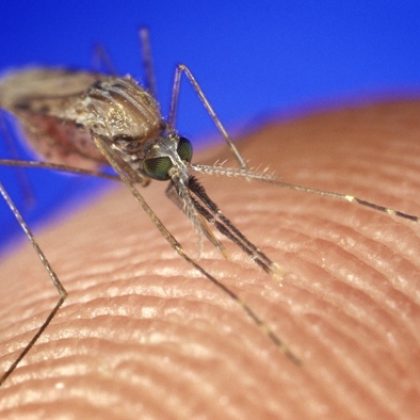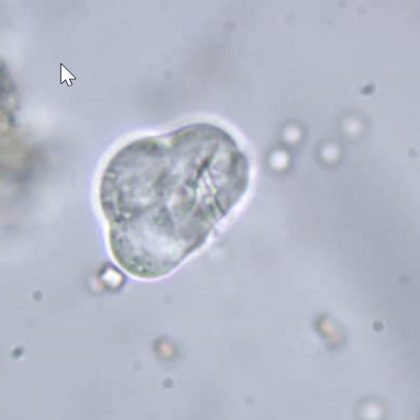ASHE Dec. 2021, End of Year Blogpost
As 2021 draws to a close, we pause to reflect on this year’s launch of Antimicrobial Stewardship & Healthcare Epidemiology (ASHE). …

As 2021 draws to a close, we pause to reflect on this year’s launch of Antimicrobial Stewardship & Healthcare Epidemiology (ASHE). …

Biological invasions have significant impacts on biodiversity, community structure, and ecosystem processes, often leading to the emergence of diseases that could have significant economic, public health, and conservation implications. These invasions are usually driven by anthropogenic disturbances on ecosystems and the increased movement of goods and people on a global scale.

Global Handwashing Day 2021 attempts to raise awareness of the importance of good food and hygiene habits, as well as the fact that access to facilities and resources to achieve this necessary hygiene is still not global.…

Cryptosporidium species are intestinal parasites that infect a wide range of vertebrate host species, causing a considerable burden of gastrointestinal disease. Cryptosporidium infections in humans are mostly caused by two species: C. hominis, which is primarily transmitted from human-to-human, and C. parvum, which is mainly derived from animals, particularly livestock.

The latest Paper of the Month for Parasitology is “Historical contingency, geography and anthropogenic patterns of exposure drive the evolution of host switching in the Blastocystis species-complex” and is freely available for one month.…

Welcome to our “Meet the Editors” series, where we interview the editorial team about their work and their relationship to the journal.…

Sunday, April 25th is World Malaria Day. A day when we celebrate the remarkable successes in the fight against malaria over the past two decades.…

The latest Paper of the Month from The Journal of Laryngology & Otology is “A rise in facial nerve palsies during the coronavirus disease 2019 pandemic“, by M.…

The latest Paper of the Month for Parasitology is “Early immune responses and parasite tissue distribution in mice experimentally infected with oocysts of either archetypal or non-archetypal genotypes of Toxoplasma gondii“ Toxoplasmosis is a well-known disease caused by the single celled parasite called Toxoplasma gondii, which is found worldwide.…

Parasitology has just released a Special Issue from the 6th International Workshop on Angiostrongylus and Angiostrongyliasis, Hilo, Hawai’i , USA, January, 2020 When a parasite is given the common name “rat lungworm” you know it is going to be a particularly unpleasant one.…

The latest Paper of the Month for Parasitology is Agranulocytosis leads to intestinal Echinococcus multilocularis oncosphere invasion and hepatic metacestode development in naturally resistant Wistar rats Let me introduce you to a tiny tapeworm that is widely distributed in the northern hemisphere: Echinococcus multilocularis.…